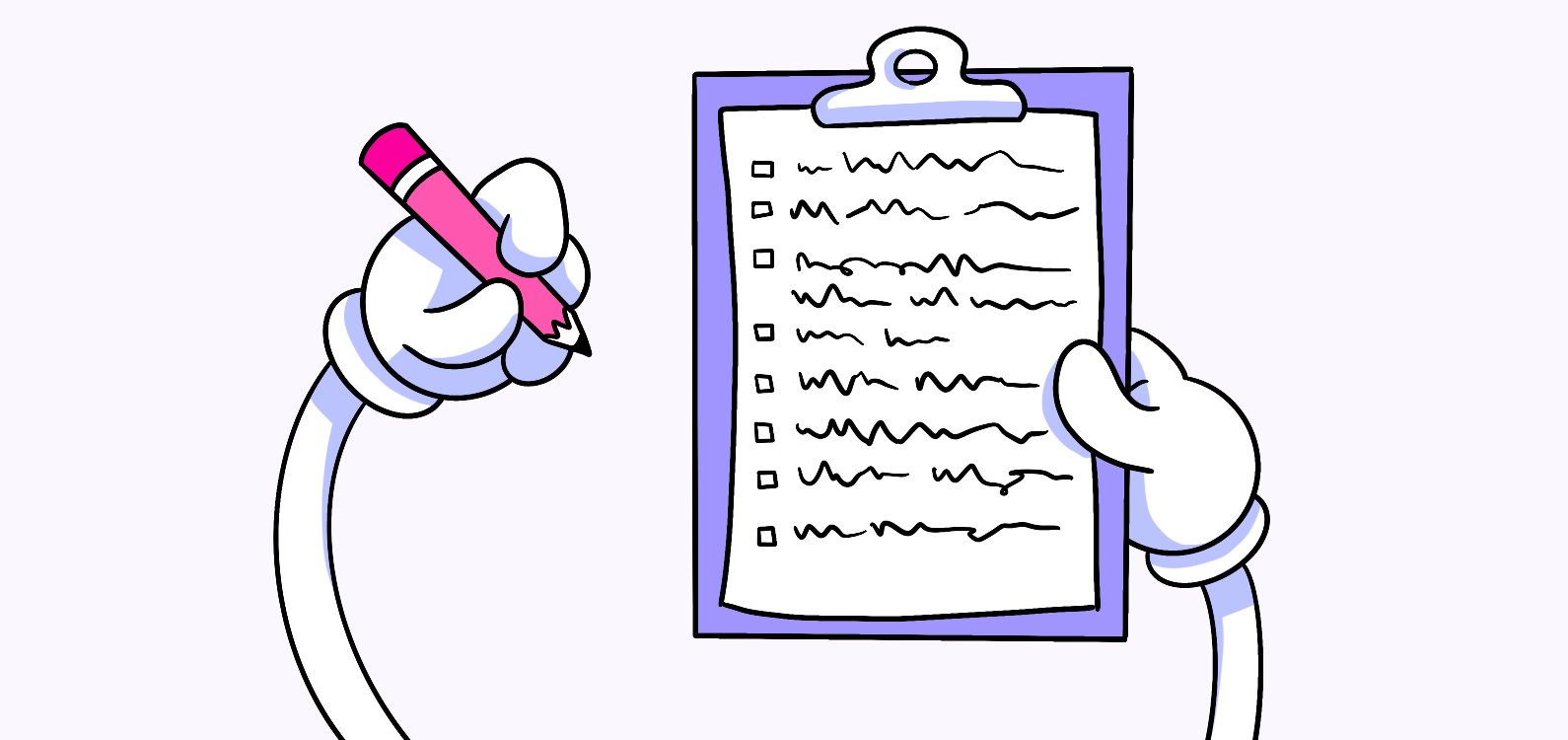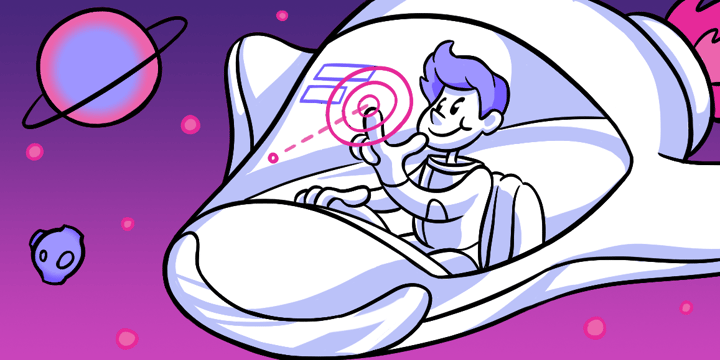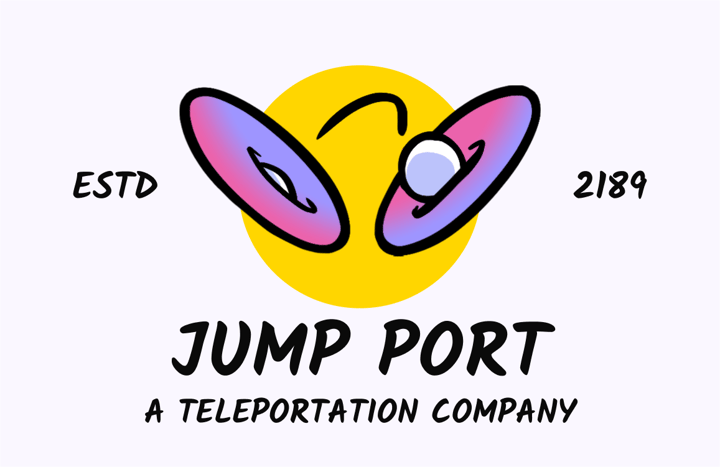The Interference Effect: Improving Learning and Recall
The interference effect is a fascinating phenomenon in cognitive psychology that can have a significant impact on our learning, memory, and everyday decision-making. In this article, we will delve into the various aspects of this effect, explore its theoretical frameworks, discuss its implications on learning and academic performance, examine its role in everyday life, and highlight potential future directions for research.
🔩 The Nuts and Bolts:
- The interference effect disrupts memory retrieval.
It occurs when competing information in memory makes it difficult to recall specific details, leading to reduced accuracy and slower processing. - Proactive and retroactive interference shape the interference effect.
Proactive interference happens when old information blocks new learning, while retroactive interference occurs when new information disrupts old memories. - Cognitive Load Theory explains interference through memory overload.
When our working memory becomes overloaded with too much information, it impairs our ability to learn, process, and recall effectively, increasing interference. - The interference effect influences academic performance.
Competing information in memory can make it harder to recall facts or concepts, negatively impacting test performance and learning unless effective study strategies are used. - Everyday decisions are affected by interference.
Conflicting information can bias decision-making, causing errors or delayed choices, especially when we face too many competing options or memories. - Memory errors and forgetting are linked to interference.
Interference can lead to forgetting or even false memories by mixing up details from similar information, distorting our recall of events or knowledge.
Defining the Interference Effect
At its core, the interference effect refers to the phenomenon where the presence of competing information disrupts our ability to remember or recall specific details. When our memory is cluttered with interfering information, it becomes more difficult to retrieve the information we need, leading to decreased accuracy and efficiency.
The Role of Memory in the Interference Effect
Our memory plays a crucial role in the interference effect. As we encounter new information, it is processed and stored in our memory, creating associations and connections. However, when we encounter conflicting or similar information, these associations can interfere with our ability to retrieve the desired information accurately. This interference can be either proactive or retroactive in nature.
Proactive and Retroactive Interference: A Comparison
Proactive interference refers to when previously learned information interferes with the recall of newly acquired information. For example, if you are learning a new language, your knowledge of a similar language may hinder your ability to recall the correct words in the new language.
On the other hand, retroactive interference occurs when newly acquired information interferes with the recall of previously learned information. For instance, if you learn a different method of solving a mathematical problem, it may disrupt your ability to apply the older method that you previously knew.
Now, let’s dive deeper into the proactive interference phenomenon. Imagine you are studying for an upcoming history exam. You have been diligently reviewing the material, but you also have a passion for literature. As you read historical facts and events, your mind naturally starts making connections to literary works that you have read in the past. While these connections may seem beneficial at first, they can actually hinder your ability to recall the specific historical details you need for the exam. The information from the literature starts interfering with your ability to retrieve the historical information accurately, leading to a decrease in your exam performance.
Similarly, let’s explore retroactive interference in more detail. Imagine you are a professional tennis player who has been using a specific technique to serve for years. However, you recently attended a training camp where a new serving technique was introduced. Although you found the new technique intriguing, it starts interfering with your ability to execute your tried-and-true serve. The newly acquired information disrupts the muscle memory and mental cues associated with your previous technique, making it challenging to perform at your usual level.
Make your design decisions count.
Subscribe to Design Under Pressure. Get insights, UX metrics, and tools for bold, informed design.
We respect your inbox. Just insights. No fluff. Privacy Policy.
Theoretical Frameworks Explaining the Interference Effect
Researchers have proposed several theoretical frameworks to explain the interference effect. Two prominent theories include Cognitive Load Theory and Dual-Process Theory.
Understanding the mechanisms behind the interference effect is crucial in various fields, such as education, psychology, and cognitive science. By delving deeper into these theoretical frameworks, researchers aim to uncover the intricate processes that govern human cognition and memory.
Cognitive Load Theory
Cognitive Load Theory suggests that our working memory has limited capacity, and when it becomes overloaded with competing information, it impairs our ability to process and remember new information effectively. By understanding the cognitive load imposed by different learning tasks, educators can optimize instruction and minimize interference effects.
Moreover, Cognitive Load Theory highlights the importance of designing learning materials that align with the cognitive capabilities of learners. By presenting information in a way that reduces cognitive load, educators can enhance learning outcomes and mitigate the negative impact of interference on memory retention.
Dual-Process Theory
Dual-Process Theory posits that our cognitive processes can be categorized into two types: automatic and controlled. Automatic processes are fast and intuitive, while controlled processes require deliberate thought and conscious effort. The interference effect can occur when competing information triggers conflicting automatic processes, leading to errors or difficulty in recall.
Furthermore, Dual-Process Theory underscores the dynamic interplay between automatic and controlled processes in shaping our cognitive experiences. By exploring how these processes interact and influence each other, researchers can gain valuable insights into the underlying mechanisms of interference and memory retrieval.
The Impact of the Interference Effect on Learning
The interference effect has significant implications for learning and academic performance, as it can hinder our ability to remember and apply knowledge effectively. When we encounter new information that conflicts with what we have previously learned, interference occurs, leading to difficulties in recalling the correct information at the right time.
Understanding how the interference effect works is crucial for educators and students alike. By recognizing the factors that contribute to interference, such as similarities between competing information or the timing of learning sessions, individuals can develop targeted strategies to combat its negative effects and promote better learning outcomes.
Implications for Academic Performance
When studying for exams or learning new subjects, the interference effect can make it challenging to recall specific facts or concepts accurately. It is crucial to employ effective learning strategies, such as spaced repetition and active retrieval, to minimize the impact of interference and optimize academic performance. By spacing out study sessions over time and actively testing oneself on the material, students can strengthen their memory and retention abilities, mitigating the interference effect.
Laws of UX
Strategies to Minimize the Interference Effect
Fortunately, there are strategies that can help minimize the interference effect. For instance, organizing information into meaningful chunks, practicing retrieval through quizzes or self-testing, and creating associations between related concepts can enhance memory and reduce the interference caused by competing information. Additionally, incorporating diverse study techniques, such as visual aids, mnemonic devices, and peer discussions, can provide multiple pathways for encoding information in the brain, making it more resistant to interference and easier to retrieve when needed.
Interference Effect in Everyday Life
The interference effect is not limited to academic settings; it also influences our everyday decision-making and memory processes.
Understanding the interference effect is crucial in comprehending how our brains process information and make decisions in various situations. Whether we are choosing what to have for lunch or making a major life decision, interference can subtly sway our thought processes. By being aware of this phenomenon, we can strive to make more objective and rational decisions in our daily lives.
Influence on Decision Making
When making decisions, our memory and cognition come into play. However, the interference effect can introduce biases or distortions in our decision-making processes. Understanding how competing information can affect decision outcomes can help us make more informed choices and minimize the impact of interference.
Moreover, the interference effect can sometimes lead to decision paralysis, where the abundance of conflicting information overwhelms our cognitive abilities, making it challenging to reach a conclusion. By acknowledging this aspect of interference, we can learn to streamline our decision-making processes and focus on the most relevant information, thus avoiding decision fatigue and improving the quality of our choices.
Role in Forgetting and Remembering
Forgetting is a natural process influenced by the interference effect. As our memory stores and retrieves information, the presence of competing or similar information can lead to forgetting or mixing up details. By recognizing this role of interference in forgetting, we can develop strategies to enhance memory and minimize memory errors.
Furthermore, understanding how interference impacts our memory can also shed light on the phenomenon of false memories. The interference effect can sometimes create false associations or memories that never occurred, leading to inaccuracies in our recollection of past events. By being mindful of this cognitive quirk, we can take steps to improve the accuracy of our memories and differentiate between genuine experiences and fabricated ones.
Future Directions in Interference Effect Research
As technology advances and our understanding of cognitive processes deepens, there are numerous exciting avenues for future research on the interference effect.
One promising direction for future research involves delving into the role of emotions in the interference effect. Emotions play a significant role in memory and decision-making processes, and understanding how they interact with interference could provide valuable insights into enhancing emotional regulation and cognitive performance.
Technological Advancements and Their Impact
Emerging technologies, such as virtual reality and augmented reality, offer unique opportunities to study and manipulate the interference effect in controlled environments. Exploring how these technologies affect memory and decision-making can provide valuable insights into optimizing learning and real-world applications.
Furthermore, the integration of neuroimaging techniques, such as functional magnetic resonance imaging (fMRI) and electroencephalography (EEG), with interference effect research can offer a deeper understanding of the neural mechanisms underlying interference. By mapping brain activity during interference tasks, researchers can uncover neural networks involved in overcoming interference and develop targeted interventions.
Unanswered Questions and Potential Studies
Despite significant progress in understanding the interference effect, there are still many unanswered questions. Future studies could explore the individual differences in susceptibility to interference, investigate interventions to mitigate the interference effect, and analyze the long-term impact of interference on memory and cognitive processes.
Moreover, investigating the influence of lifestyle factors, such as sleep quality, exercise, and stress levels, on susceptibility to interference could provide valuable insights into holistic approaches to optimizing cognitive performance. Understanding how these factors interact with interference can lead to personalized strategies for improving cognitive resilience.
In conclusion, understanding the interference effect in cognitive psychology is crucial in optimizing learning, improving decision-making, and enhancing our memory processes. By exploring the various aspects of this phenomenon, we can develop effective strategies to minimize its impact and maximize our cognitive potential.
Interference Effect FAQs
The interference effect is a cognitive phenomenon where competing or similar information disrupts the ability to recall specific details from memory. This disruption can impair accuracy and slow down memory retrieval.
Proactive interference occurs when old information interferes with learning new information, while retroactive interference happens when newly acquired information disrupts the recall of older knowledge. Both types affect memory performance in different ways.
The interference effect makes it more difficult to retain and recall information, especially when similar or competing details are present. Effective learning strategies, such as spaced repetition and active retrieval, help minimize this effect and improve long-term retention.
Organizing information into meaningful chunks, using active retrieval, and creating associations between concepts can reduce interference. Visual aids, mnemonic devices, and varying study techniques can also help minimize competing information in memory.
The interference effect can introduce biases or errors in decision-making by overwhelming us with conflicting information. This can lead to delays, mistakes, or incorrect choices, especially when we have too many options or memories competing for attention.
Memory plays a central role in the interference effect, as it involves the disruption of stored information due to the presence of similar or conflicting details. The interference can affect both short-term and long-term memory retrieval.
Future research could focus on how individual differences affect susceptibility to interference, the role of emotions, and the long-term impact on memory. Studies could also explore how new technologies like virtual reality influence the interference effect and memory processes.



